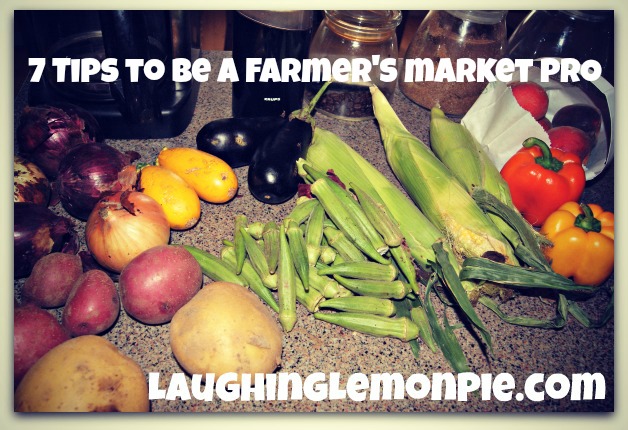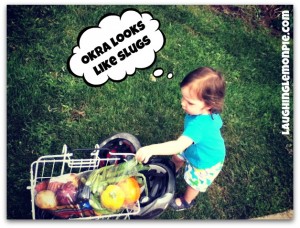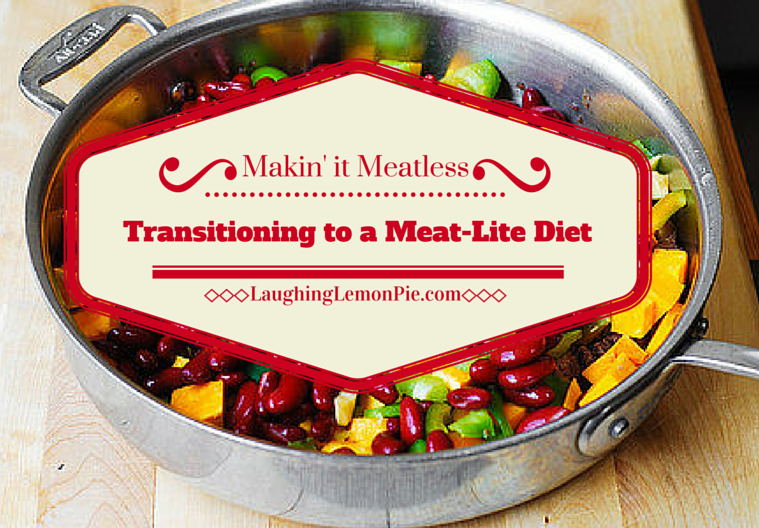Here on the Front Range in Colorado, we’re pretty lucky to have some of the finest farmer’s markets in the country. The Boulder Farmer’s Market is a gem of a grower’s market—meaning people can only sell what they make or grow themselves, no re-selling allowed.
AND, this year I feel doubly lucky because a brand new farmer’s market opened up mere blocks from my house. The little one and I got on my bike this past week and made it over there in less than five minutes! I was in farmer’s market heaven.
But sometimes—truth bomb here—farmer’s market produce is a bit pricier than grocery store produce. (Or, you know, a lot pricier.)
And with good reason! Don’t get me wrong. I KNOW that our small family farmers work incredibly hard, and I also know that our grocery store food prices are kept falsely low.
But as a penny-pinching, budget-minded consumer, sometimes those prices are hard to swallow.
Whenever you read an article about how to save money on organics, invariably it will tell you to shop at a farmer’s market—mine included. But if you’ve compared your local farm stand’s prices with the ones at your local big-box grocery store, you might be disappointed.
So what’s a penny-pinching, budget-minded, organic-loving, sustainable-eating lady like myself to do, when sustainable eating tip No. 3 is…
Become a Farmer’s Market Pro
If you’re a smart penny-pinching, budget-minded, organic-loving, sustainable-eating person (wow that’s getting long), there are a few strategies you can employ at the farmer’s market to make buying the gorgeous local, organic—and dare I say sustainable—produce more affordable.
- Shop late
You may have heard this one before, but it bears repeating: farmer’s market vendors don’t want to haul produce home, and they don’t want it to go bad. Farmers might automatically lower prices later in the day, and if not, it doesn’t hurt to ask—politely. Which brings us to— - Negotiate
Unlike big box stores, a lot of times you’re dealing directly with the business owner when you buy from a farmer’s market stand, so the vendors are empowered to negotiate. Asking for a discount late in the day is one example, as is— - Buy in bulk
If you can use it, either right away or to preserve, buying a lot of something can be a great opening to negotiate with the vendor for a better deal on bulk. - Talk to the people
A lot of times, the best way to get a good deal is to actually talk to the people running the booths. Ask when the peak season for a particular fruit or veggie will be—that’s when prices are likely to be lowest, and that’s when you should stock up. If you get friendly with the farmers, they might also let you in on insider information, like when sales will be happening. - Take strategic advantage of deals
At my five-minute-away farmer’s market, one of the stands offers a weekly deal: anything you can stuff into one of their produce bags for $10. This is a GREAT deal, but you have to go at it strategically. Think about getting the most bang for your buck, ie: what items are the most expensive per pound. Then pack the bag like a champion bag boy: heavy stuff, like onions and potatoes at the bottom, delicates like tomatoes on the very top. Check out the bounty I got for $10!

- Learn to love ugly produce
Vendors will often have “seconds” available at a much lower price. These could be slightly bruised peaches or tomatoes, oddly shaped squash, or smaller-than-average potatoes. But if you can live with produce that’s a little more unique than what you’ll get at the store, you could save big bucks. Seconds are especially good for preserving. - Skip the cooked food
Pre-made foods at the market are almost always going to be a lot more expensive than the same thing at the store, and unless it’s just out-of-this-world amazing, you’re better off buying it less expensively—or better yet, making your own.
Keeping all of this in mind, the best bonus tip I can give you is this: know when it’s worth it.
Two weeks ago, I skipped the farmer’s market and bought some peaches at the grocery store. They were as green as a gourd, three of them went moldy before I could eat them, and the two we did eat were tasteless and crunchy.
This week, I ponied up the $4/pound for the best damned peaches in the state.
Look at it this way: I completely wasted my $2/pound on inedible grocery store peaches. I will get every cent of my money’s worth on the good as gold (and almost as expensive) farmer’s market peaches. And I’m OK with that.
I’m challenging myself to eat more sustainably over the next year—and documenting the steps I take in this series, inspired by an article in the Jul/Aug 2010 issue of Whole Living Magazine. Want to join me? Leave a comment below and pledge to eat more sustainably this year!






2 thoughts on “7 Ways to Be a Farmer’s Market Pro {Budget Organic No. 3}”